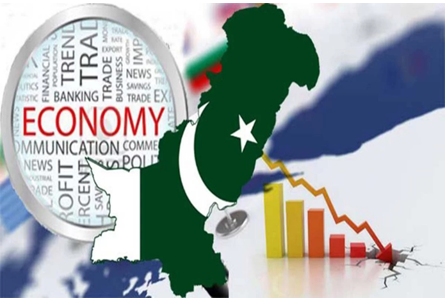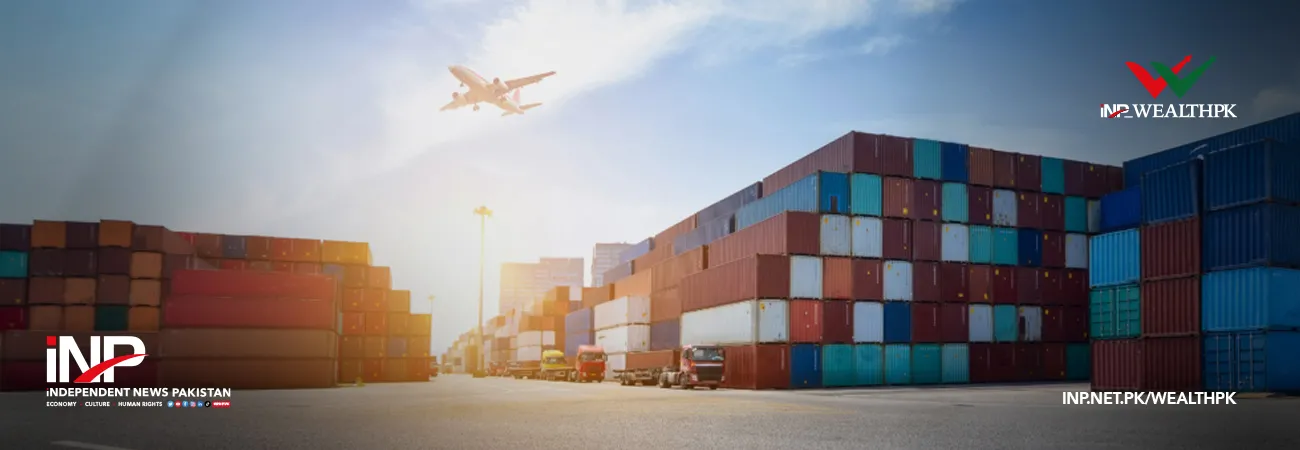آئی این پی ویلتھ پی کے
Ayesha Saba
In an ambitious move signaling a renewed economic vision, ‘Uraan Pakistan’ has set targets of 6% GDP growth and $60 billion in exports in the coming years. Experts commend this move but caution that achieving the desired objective will require structural reforms, consistent policies, and focused sectoral investment.

Talking with WealthPK, Sajid Amin Javed, eminent macroeconomist and deputy executive director of the Sustainable Development Policy Institute (SDPI), said setting 6% growth target is ambitious but not impossible for Pakistan if critical bottlenecks are addressed immediately. “Historically, Pakistan has touched 5% to 6% growth during the periods of macroeconomic stability and global tailwinds.
However, the challenge this time is compounded by a fragile fiscal position, external sector vulnerabilities, and political uncertainty,” he said. He further highlighted that persistent issues such as energy shortages, inefficient tax systems, and bureaucratic inefficiencies have stifled economic potential, and without addressing these, the growth targets may remain elusive.
He emphasized that restoring investor confidence, ensuring fiscal discipline, and enhancing productivity across agriculture, manufacturing, and services sectors would be central to achieving such growth. On the export front, Sajid noted, “The export growth must be driven by product and market diversification. Pakistan needs to move beyond traditional textiles and leverage sectors like IT services, engineering goods, pharmaceuticals, and agro-based products.
He underscored the need for diversification beyond traditional sectors. “While textiles remain Pakistan’s primary export, relying solely on this sector will not suffice. Emerging industries such as IT services, pharmaceuticals, and value-added agro products must be aggressively promoted to capture the global market share,” he explained.
“For ‘Uraan Pakistan’ to succeed, the government must ensure policy stability, reduce red tape, and provide tangible incentives for private sector participation,” he suggested. Talking to WealthPK, policy analyst at S&P Global Asad Rehman said Pakistan's history of frequent policy reversals, driven by political transitions and short-term populism, has hindered long-term economic planning. He argued that the success of ‘Uraan Pakistan’ will largely depend on insulating economic reforms from political pressures.
“There must be a cross-party consensus on core economic objectives. Without political stability and institutional continuity, such ambitious targets risk becoming aspirational rhetoric.” "To achieve the intended objectives, it is imperative that the operations should be conducted with full transparency and guided by clearly defined performance metrics," he emphasized.
Credit: INP-WealthPk












